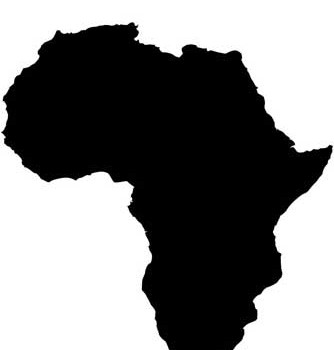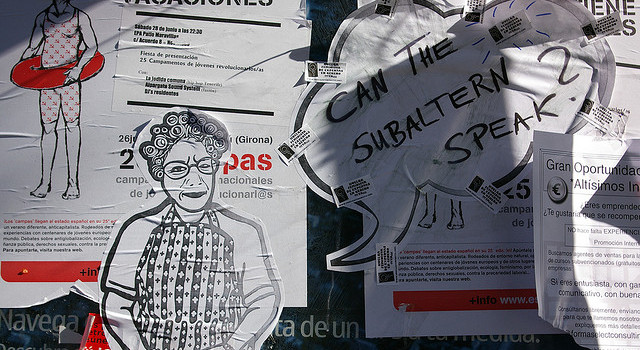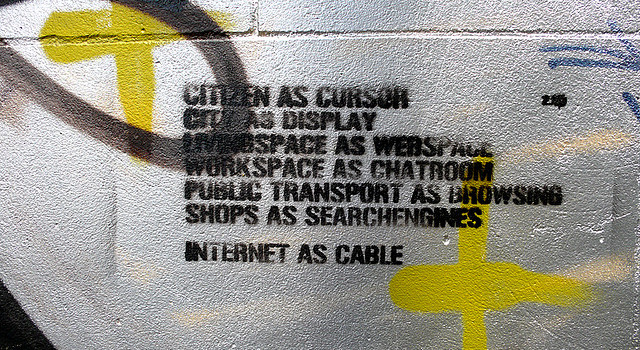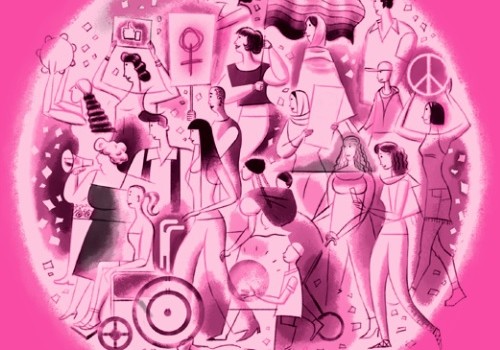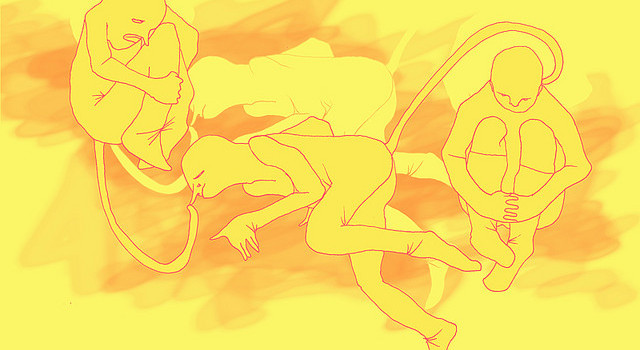By Joy Liddicoat and Avri Doria (APC) December 2012 The Internet is a network that empowers at the edges, rather that the centre, rendering it a profoundly democratic and rights-fostering platform. Human rights are principles that seek to empower those
Human rights and Internet protocols: comparing processes and principles


